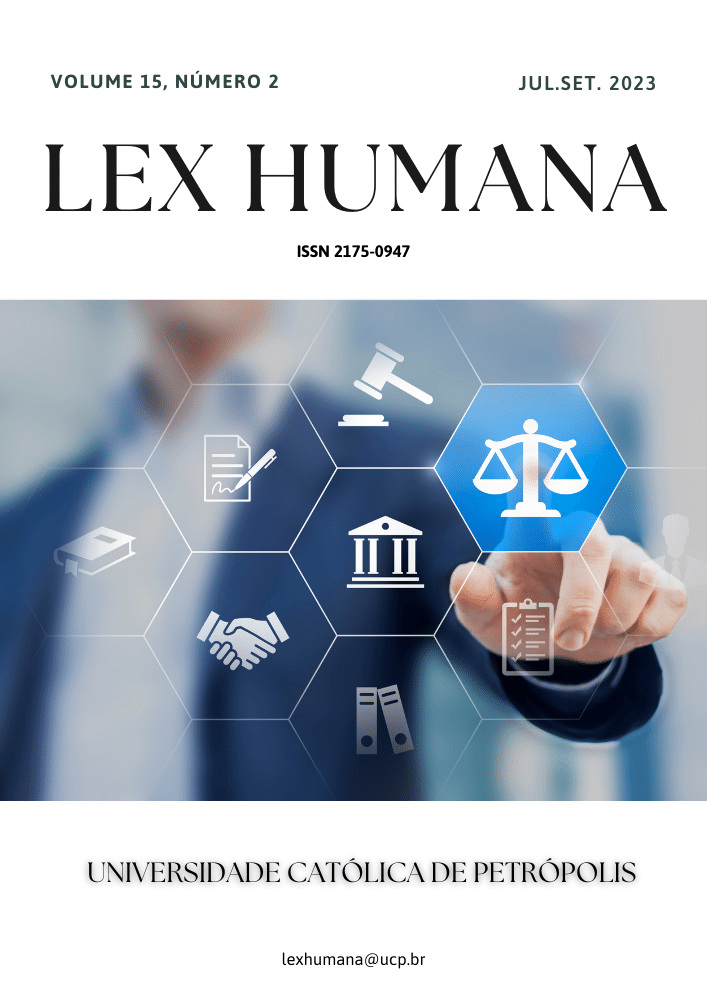Abstract
The idea of gender equality and freedom of religion are the two essential rights upheld by the Indian Constitution. Various International Human Rights instruments recognize the right to freedom of religion, including the Universal Declaration of Human Rights, the International Covenant on Civil and Political Rights, and the European Convention on Human Rights. However, there are incidents where religious practices and traditional beliefs barred women of menstrual age from attending the temple. In the most controversial Sabarimala Case of Kerala, the same was contested as discriminatory and violative of the Right to Equality. The paper will critically analyse the case with the governing religious practices in its historical backdrop and India’s Right to Freedom of Religion. The author will discuss the legal ramifications of the Sabarimala Temple Case and whether it includes a violation of women's rights, the reasons for the non-admittance of women in the temple, and whether allowing only men to access the temple constitutes discrimination and a breach of Article 15, 25, and 26 of the Indian Constitution. Additionally, the paper posits and analyses the discourse of the judgment and its practical implications.
References
Ayesha Jamal, Sabarimala Verdict: A Watershed Moment in the History of Affirmative Action, T.L. Constitution first, October 30, 2020.
GOOGLE SCHOLAR.
JSTOR- http://www.jstor.org/.
Kavita Krishnan. “Sacred Spaces, Secular Norms and Women’s Rights.” Economic and Political Weekly, vol. 41, no. 27/28, Economic and Political Weekly, 2006, pp. 2969–71, http://www.jstor.org/stable/4418425.
Krishnadas Rajagopal, Sabarimala case: Supreme Court upholds referring religious questions to larger Bench, frames 7 questions of law, T.H., February 10, 2020.
MANUPATRA.
Menon, Parvathi. “Sabarimala and Women’s Identity in Kerala.” Social Scientist, vol. 48, no. 3/6 (562-565), Social Scientist, 2020, pp. 3–24, https://www.jstor.org/stable/26979095.
Osella, Filippo, and Caroline Osella. “‘Ayyappan Saranam’: Masculinity and the Sabarimala Pilgrimage in Kerala.” The Journal of the Royal Anthropological Institute, vol. 9, no. 4, [Wiley, Royal Anthropological Institute of Great Britain and Ireland], 2003, pp. 729–54, http://www.jstor.org/stable/3134708.
Rumi Bandyopadhyay, and Kushagra Rajendra, ‘Religious Tourism: The Beginning of a New Era with Special Reference to India’, in Shin Yasuda, Razaq Raj, and Kevin Griffin (eds.) Religious Tourism in Asia: Tradition and Change Through Case Studies and Narratives, (Cabi (Centre for Agriculture and Bioscience International), 2018), 67-76.
S. Mahendran v. The Secretary, Travancore Devaswom Board, Thiruvananthapuram and Others (AIR 1993 Ker 42). https://indiankanoon.org/doc/1915943/
SCC Online.

This work is licensed under a Creative Commons Attribution-NonCommercial-NoDerivatives 4.0 International License.
Copyright (c) 2023 Lex Humana (ISSN 2175-0947)

